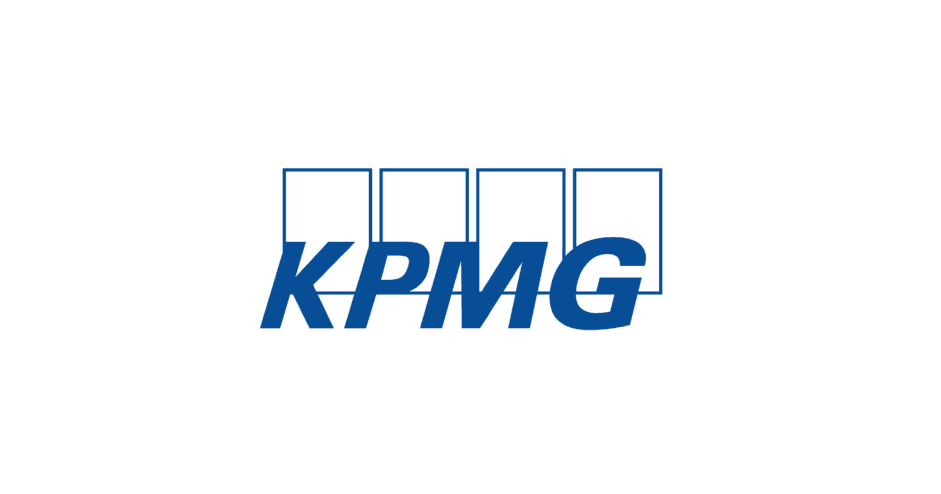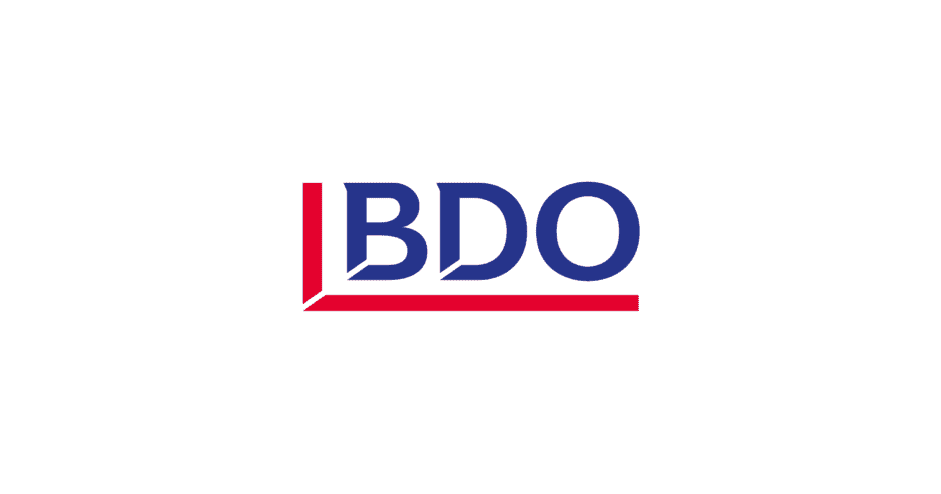Closing Remarks
by YBhg Tan Sri Tommy Thomas,
Attorney General of Malaysia
International Directors Summit 2019
Tuesday, 15 October 2019
Tan Sri Zarinah Anwar, Chairman of the Institute of Corporate Directors Your Excellencies
Distinguished speakers and guests
Ladies and gentlemen
I thank the Institute of Corporate Directors, Malaysia for inviting me to make the closing remarks, which I regard as an honour.
To speak to the captains of industries is a responsibility that one does not take lightly.
The theme of your Summit – “The Trust Compass: Resetting the
Course” is particularly appropriate and topical.
The company, as an institution and a legal fiction, is a great invention of capitalism. It has survived for centuries, always adapting to free market ideas and laissez faire, while being sufficiently versatile to adopt different models, even for a command economy.
In Malaysia, the company is by far the most popular method of carrying on business, in contrast to partnerships, sole proprietors and the like. More than 1.3 million companies have been incorporated, with probably about 1/2 million actually carrying on business. The shares of about 1000 public companies are traded on Bursa Malaysia.
At the heart of a company is its directors, for whom this Summit is organized. Higher management rests with the directors, whether collectively or more often in a single individual.
Acts of Parliament or Statutes have always dominated company law, perhaps more than most branches of civil law. The first enactment on the subject in colonial Malaya was the adoption in the Straits Settlement of the Companies Act of India 1886. Subsequently, 5 Ordinances were enacted prior to Merdeka. The major companies legislation that served us for more than half a century was the Companies Act of 1965, modelled on the 1948 Act of England and the 1961 Act of Victoria, Australia.
The current version is the Companies Act 2016: a mammoth Act containing 620 sections and 13 schedules running to 577 pages.
And yet large portions of company law are found in case law decided by judges over the centuries.
Trust is one such doctrine. Applied to company law, it simply means that directors of companies are trustees of all properties and assets belonging to their companies.
It is as plain as that.
How is a director who is trustee of his company’s assets expected to look after such assets?
Honestly and prudently!
He has a duty to preserve and protect such assets.
I accept that “The Trust Compass” contemplated in your theme is wider than the concept of a director being a trustee.
But I suggest that to understand the concept of “trust” from the perspective of a director, how he or she deals with the properties of the company, is a good place to start.
Directors cannot steal assets from companies, or divert them to other entities where directors have an interest.
Hence, conflict of interest must be avoided.
As to honest dealings with regard to assets of companies, directors must appreciate that the law imposes an objective standard.
If I may be permitted to quote the words of Lord Nicholl in delivering the speech for the Privy Council in 1995 in an appeal involving the Royal Brunei Airlines:
“In most situations there is little difficulty in identifying how an honest person would behave. Honest people do not intentionally deceive others to their detriment. Honest people do not knowingly take others’ property. Unless there is a very good and compelling reason, an honest person does not participate in a transaction if he knows it involves a misapplication of trust assets to the detriment of the beneficiaries. Nor does an honest person in such a case deliberately close his eyes or ears, or deliberately not ask questions, lest he learns something he would rather not know, and then proceed regardless…”
Resetting the Trust Compass suggests that in previous generations trust was common-place, and that a deviation has taken place in recent times. It pre-supposes better behaviour in the past.
I am not convinced with this premise. From the time companies were used in Malaysia, the actions of dishonest and fraudulent directors have attracted much public attention. In the early 1970’s Amos Dawe and the Mosbert Group were the by-words of poor corporate governance. The next decade saw the rise of George Tan, the Carrian Affair and BMF. The trend continued into this century. Hence, when the 1MDB frauds were designed in Malaysia around 2009, the precedents for dishonest behaviour by directors going unpunished in Malaysia were legion.
The conditions were thus fertile for fraud to be planned and implemented in the 1MDB scandals.
Ladies and gentlemen, it should always be remembered that 1MDB is a company incorporated under the Companies Act 1965 of Malaysia. Despite having a paid up share capital of RM 1 million, 1MDB managed to issue 4 bonds (which were purchased by the globe’s most sophisticated bankers) totaling RM 42 billion. Perhaps the greatest gearing in modern capitalism.
The new Government, which took office after the historic results of GE-14 in May 2018, is adamant about reducing, and ultimately eliminating, corruption.
The best method of restoring trust in the corporate and commercial environment in Malaysia is to vigorously apply the law against wrongdoers. Our laws have generally been first rate: what was sadly lacking was enforcement.
Thus, the former Prime Minister was charged within 2 months of him losing power at the ballot box. He is currently facing criminal prosecution in 2 1MDB trials. More than 20 other directors are facing criminal prosecutions.
If the enforcement message of the new Government remains loud and clear, wrong-doing ought to reduce. Nothing concentrates the mind more of any individual than a real threat of prosecution, followed by imprisonment.
“It starts with You”. I suggest that having regard to the massive responsibilities thrust on directors of our companies in driving the national economy, the training required of them is shockingly minimal. Unlike professionals like doctors and engineers, there is no requirement for any education or training for directors.
But training is a challenge, having regard to sheer numbers.
If a typical public listed company has, say, 5 directors, the total number is 5000 directors – that is manageable. But if one turns to the 500,000 private limited companies having, say, 3 directors each, the grand total is 1.5 million directors.
For all of us interested in ensuring companies continue to be in the forefront of the nation’s economic activities, serious thought must be given to educating and training directors; not just on basic legal concepts of duties of directors and the like, but, more fundamentally, values of honesty and trust-worthiness.
Thank you.















